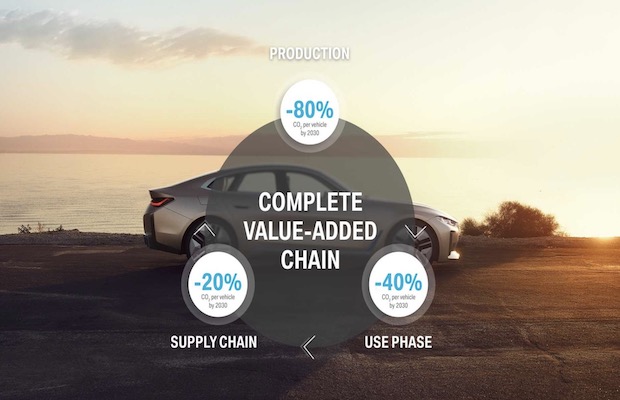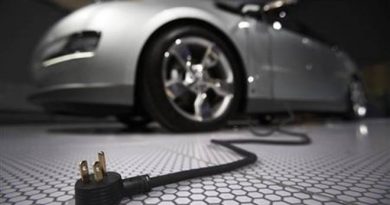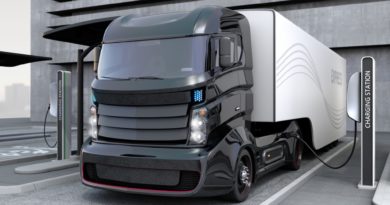BMW Announces new Strategic Direction; 7 Mn EVs on the Road by 2030

The BMW Group has announced that it is making sustainability and resource efficiency central to its strategic direction. Chairman of the Board of Management Oliver Zipse recently announced initial details of this strategic direction while presenting the targets the company has set itself for the phase up to 2030, one of which is to have 7 million BMW electric vehicles (EVs) on the road over the next 10 years.
“I firmly believe the fight against climate change and how we use resources will decide the future of our society – and of the BMW Group. As a premium car company, it is our ambition to lead the way in sustainability. That is why we are taking responsibility here and now and making these issues central to our future strategic direction,” said Oliver Zipse. “This new strategic direction will be anchored in all divisions – from administration and purchasing to development and production, all the way to sales. We are taking sustainability to the next level.”
As part of this process, the BMW Group is setting itself clear targets for CO2 reduction up to 2030. For the first time, these extend throughout the entire lifecycle: from the supply chain through production to the end of the use phase. The aim is to significantly reduce CO2 emissions per vehicle by at least one third across the entire spectrum. For a fleet of around 2.5 million vehicles, as produced by the BMW Group in 2019, this would correspond to a reduction of more than 40 million tonnes of CO2 over the lifecycle in 2030.
Key Targets:
Lowering CO2 emissions on the road through millions of electrified vehicles
The objective is to reduce CO2 emissions from vehicles by 40 percent per kilometer driven. The main lever here is a far-reaching product strategy with a massive expansion of e-mobility: In ten years, the goal is to have a total of more than seven million electrified BMW Group vehicles on the roads – around two-thirds of them with a fully-electric drive train.
“The best vehicles in the world are sustainable. That is why premium and sustainability will be even more inextricably linked in the future,” said Zipse. “We are using our exceptional technological expertise in both hardware and software not only to make these vehicles desirable but also to help reduce CO2 through them.” Accordingly, the BMW Group is also fully on track to meet its CO2 fleet targets in the EU this year.
Product strategy: fully-electric models in high-volume series
The car manufacturer plans to have 25 electrified models on the roads by 2023 – half of them fully electric. As part of its Efficient Dynamics strategy, the Group will also continue its work on reducing the fuel consumption of conventional drive trains and making them more efficient.
CO2 from production and sites to be lowered by 80 percent
The company is targeting the biggest reductions industry-wide in this area by 2030 – thus following a more ambitious path than the 1.5 degree goal. Having already lowered emissions per vehicle produced by more than 70 percent since 2006, the Group now aims to reduce its emissions by a further 80 percent from 2019 levels by 2030. CO2 emissions will then be less than 10 percent of what they were in 2006. The main lever for this is production, which generates around 90 percent of the company’s Scope 1 and Scope 2 emissions. In addition to this significant reduction in substance, the BMW Group will also fully offset its remaining CO2 emissions (Scope 1 + 2) from 2021 on with appropriate certificates.
In addition to sourcing 100-percent green power as of this year, the Group will systematically invest in optimising its energy efficiency and using the possibilities enabled by digitalisation.
“CO2 must be reduced in partnership between manufacturers and suppliers. If you want to convince partners, you must act as a role model. As a leader in sustainability, what we say counts a great deal with our suppliers – so we leverage our reputation in this respect,” said Zipse. “Our aim is to ensure the most sustainable supply chain in the entire industry.” To achieve this, the BMW Group is not just focusing on the top level of its tier 1 suppliers, but also seeking to anchor the topic of sustainability throughout its entire supply chain.
The full strategic plan can be seen here.
Source: saurenergy.com




